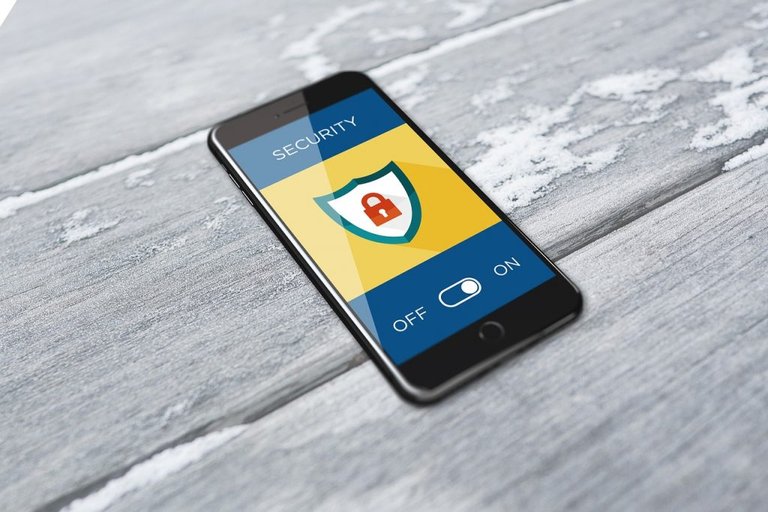
FBI Director Christopher Wray declared the bureau’s inability to access encrypted electronic devices a “major public safety issue.”
New York City – On Tuesday the Director of the Federal Bureau of Investigations discussed the danger posed by encryption of electronic devices. Speaking at the International Conference on Cyber Security in New York, FBI Director Christopher Wray spoke about challenges that encryption presents to law enforcement.
“We face an enormous and increasing amount of cases that rely heavily if not almost exclusively on electronic evidence,” Wray stated. “We also face a situation where we are increasingly unable to access that information, despite have lawful authority to do so.”
The FBI has been fighting to crack encryption on phones and laptops for several years. In fact, this is not the first time Wray has spoken against encryption. Once appointed by Donald Trump, Wray wasted no time promoting the idea that encryption was something that could actually harm – rather than help – the people. Wray and the FBI argue that terrorists will use encryption to plan terror attacks. Of course, this is a possibility, but there are also plenty of innocent, free human beings who want to protect their data and do so via encryption.
The FBI previously attempted to force Apple to unlock an iPhone as part of an investigation into the 2015 attacks in San Bernardino, California. Apple and other tech companies have so far fought the FBI’s efforts, stating that giving investigators access to a suspect’s cellphone will set a dangerous precedent for Internet security.
Director Wray also noted that the bureau was unable to access data from 7,775 devices in the 2017 fiscal year that ended September 30. “Being unable to access nearly 7,800 devices in a year is a major public safety issue,” Wray stated. “That’s more than half of the devices we attempted to access.”
The director stated that a solution will require “significant innovation.” He also defended the FBI against allegations that the bureau is against encryption altogether.
Let me be clear, the FBI supports information security, we support strong encryption, but information security programs need to be thoughtfully designed so they don’t undermine the lawful tools we need to keep this country safe.
The question is, should the American people trust the FBI to keep them safe? This is the same agency that has been proven to entrap unstable individuals and claim they saved the day from big bad terrorists. This is also the same agency that has been involved in violent house raids in other nations, spying on activists, building a secret massive facial recognition database, secretly recording the public, and the list goes on. Are these really the people we should trust when they say the must break encryption and violate our privacy to keep us safe?
This article may be freely reposted in part or in full with author attribution and source link (on @activistpost's website).
Image credit: Pixabay
I am an investigative journalist and liberty activist; a Lead Investigative Reporter for ActivistPost.com and the founder of the TheConsciousResistance.com & The Houston Free Thinkers. I have also co-authored three books with @johnvibes: The Conscious Resistance: Reflections on Anarchy and Spirituality and Finding Freedom in an Age of Confusion, Vol. 1 and Finding Freedom in an Age of Confusion, Vol. 2
Donate via:
- Bitcoin: 16fDdrZvt9XUv7TyboSYtaHfcxMb22Yiew
- Ethereum: 0x8d20b442de44C28467b3d66939ff3077F9CfCb24
- DASH: XbPpwz1ZvtkTeik1y3wDgrHRJTEst564XH
I am always available for interviews, Please contact [email protected]
I greatly appreciate any support here or on my other social media:

They have no rights to your devices according to natural law. They confuse artificial law for legitimacy. All the proof they need is to just look at how they have to break ethics and morality for the sake of safety and realize they are on the wrong track. But they won't do this.
Great work
Nooo Never ever trust anybody claiming to represent guberment, look up the definition of the word terrorist for clarification ;)
So if encryption is illegal, then terrorists wont be able to use it to communicate privately?
Are we allowed to think things through? or no? Cause that sounds ridiculously nonsensical to me...
Instead.. How about we use strong encryption so terrorists can't eavesdrop on everyone's communication. I bet that would help a lot more.
Of course they fear what they cant control... they want to protect us from who?? we need to protect ourselves from them!
nice post! thanks!!